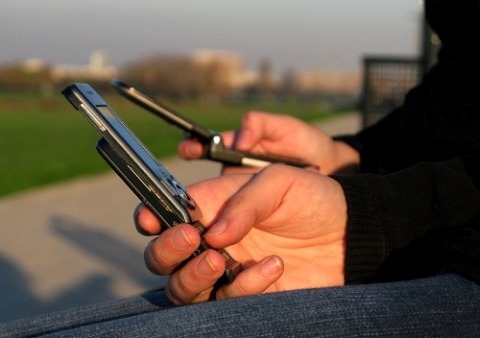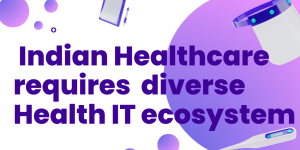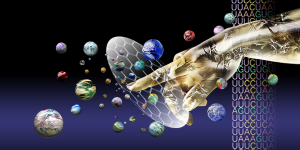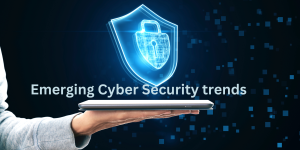New Delhi: 10 February, 2021
A report by ICTpost says that Internet and mobile usage in India is all set to cross the 900-million mark by 2023, with nearly two-thirds of the population estimated to have internet access and a mobile device. India will have 2.2 billion connected devices by 2023, increasing from 1.5 billion in 2018. This means that at an estimated population of 1.42 billion by 2023, there will be three connected devices for every two individuals.
The main benefit that m-government brings is its boundary-breaking potential: truly allowing working on an anywhere, anytime basis and helping to create a truly integrated digital nervous system for government. Because of its immediacy and convenience, it also reduces the barriers to public service operations, encouraging citizens or service providers to make use of the technology where previously barriers were discouragingly high.
Many Indian states such as Kerala, Gujarat, Bihar, Goa and Andhra Pradesh have initiated m-governance practices primarily through SMS-based platform. Leading telcos such as Vodafone, Airtel and Aircel are partnering healthcare companies to deliver m-health services.
m-Governance is not only about efficiency but it also allows for citizen activism. SMS is being used to get citizens involved in the fight against crime and illegal drugs. Mobile applications in disaster management is one of the most useful and critical areas of implementation. It will be useful not only for the prevention activities such as mobile alerts but also an invaluable tool for the recovery efforts of, for example, rescue team working in the fields.
With m-government, people can take the whole of digitised government with them into the field, allowing them to make much better-informed decisions and actions. Improving the delivery of government information and services: m-Government can deliver data and services whenever and wherever the citizen is. This has a benefit to citizens they can get immediate access to whatever they want no matter where they are. It also has a benefit to governments for example in sending terror alerts or other very time sensitive information, m-government provides the greatest chance of getting through quickly and directly.
Two picks for trends and technologies that marketers should be on the lookout for
The Rise of Employee Engagement. One key way that brands will distinguish themselves from competitors will be how they use social media to activate their own internal audience. Companies must build social strategies that leverage their most important asset employees. Engaged employees are more productive, innovative, loyal, and help recruit new talent.
Digital Couponing Will Skyrocket. For the consumer packaged goods industry, digital coupons are providing significantly higher redemption rates and the ability to connect with customers when and where they want to be met. Customers can quickly and easily redeem digital coupons using their mobile devices or by simply printing them out online. No more clipping and fuss just satisfied customers who are more likely to keep coming back for more.
Challenges
Cost: m-government tends to be yet one further channel for e-government, in which case it will create additional costs. This will continue until m-government can truly substitute for other delivery channels. Such substitution will be viable for applications within government. At least some governments have been able to adopt innovative costing strategies, for example, using fee-sharing arrangements that avoid the public sector having to provide many up-front costs.
mDigital divide: In particular, older and poorer groups in society tend to be excluded from this technology. If there are benefits to be had from m-government, these groups will be denied them, and a challenge to m-government is to ensure it is not just one more way in which the haves benefit at the expense of the have nots.
Mobile mindsets: mobile devices cell phones particularly are seen by many as tools more for fun and entertainment than for serious activities. Yet politics is a serious business involving difficult choices. Aligning these two mismatched worlds may be difficult.
One sign already emerging of this underlying tension is the use of m-government systems for playing pranks, such as hoax messaging, encouraged by the anonymity that many mobile devices (which are often unregistered) offer.
Trust/security: If m-government is to encompass m-payment systems or other transactional public services, then it must have good security and must be trusted. As yet, there is still a credibility gap to be crossed for many mobile device users.
Data overload: mobile devices increase the pressures of a world in which users are permanently connected: always on. These permanent connections increase the number of messages circulating and can create a blizzard of communications some valuable, some not in which public service communications can come to be devalued or lost.
(With inputs from IJTRD and “eGovernment for Development Information Exchange” project)








